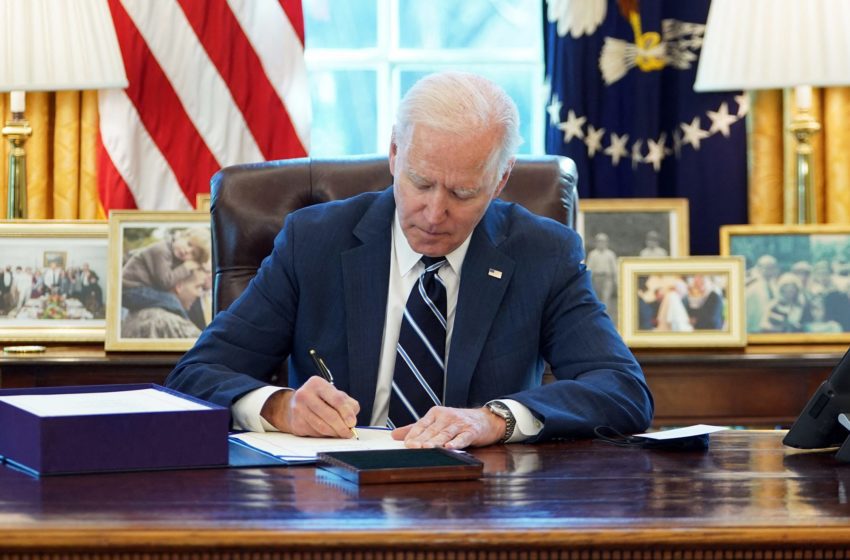
President Joe Biden on Tuesday signed a bill that gives the U.S. Food and Drug Administration powers over over any nicotine, not just tobacco-derived nicotine. Part of a $1.5 trillion government spending measure, the rider was slipped into the bill with no debate or notification to the vaping industry.
The language of the Tobacco Control Act will now change to define a tobacco product as “any product made or derived from tobacco, or containing nicotine from any source, that is intended for human consumption.”
“You know, in a moment, I’m going to sign this bipartisan government funding bill,” Biden said. “But with this bill, we’re going to send a message to the American people – a strong message – that Democrats and Republicans can actually come together and get something done.”
Bryan Haynes, a partner with Troutman Pepper, said that the amendment has an effective date 30 days after the bill is enacted (April 14) and gives a manufacturer of a tobacco product with synthetic nicotine (or nicotine derived from a source other than tobacco) 30 days after the effective date to file a premarket tobacco product application (PMTA) with FDA.
“If FDA has not authorized the product within 90 days after the effective date, the product must be removed from the market. This is likely to amount to an effective ban on synthetic nicotine products,” he wrote in the firm’s Tobacco Law Blog. “FDA is highly unlikely to authorize a PMTA in 90 days when other PMTAs for electronic nicotine delivery systems have been pending for more than two years.”
April Meyers, board president for the Smoke-Free Alternatives Trade Association (SFATA), told Vapor Voice that the bill will have little effect on youth vaping, which is already down significantly since highs in 2015. “Although the sponsors of the bill claim the intent was to close the loophole on synthetic nicotine-derived products from large companies now popular among youth, the reality is that this bill – and others like it – aren’t likely to have the intended effect,” she said. “Instead, consumers using these products as a harm reduction option will suffer, as will licensed small businesses in full compliance with federal, state, and local laws.
“The FDA created a problem by overregulating a product used by millions of adults who find vaping a safer alternative to smoking. When a market in high demand is overregulated, grey and black markets emerge where there are no regulations requiring safe products or ID checks.”

